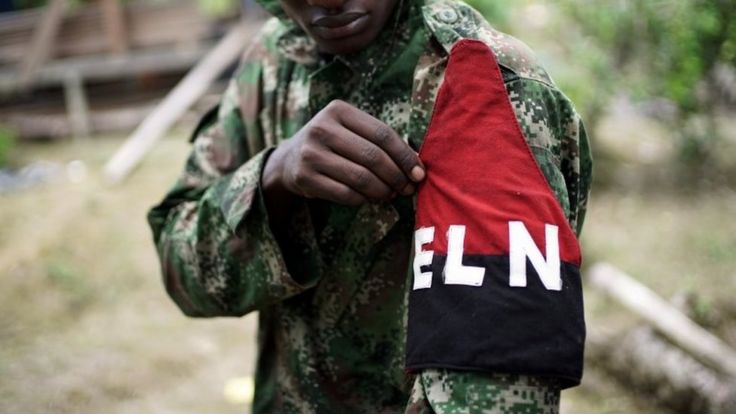By: Emily Green
Impunity Watch Reporter, South America
BOGOTA, Columbia – Peace talks in Colombia have become more complicated as the largest remaining rebel group, the ELN, violates a month-old cease-fire. The group has admitted its role in the death of indigenous leader Aulio Isarama Forastero.

The ELN, or National Liberation Army, and the Colombian government began their first ever cease-fire after more than 50 years of war. This agreement has been violated less than a month since it began on October 1st. On Monday, President Juan Manuel Santos’ government condemned the killing of the indigenous leader and demanded information to bring the guilty parties to justice. The government also called on the ELN to take concrete steps to ensure that a violation like this is not repeated.
The ELN’s western front released a statement on Sunday explaining Mr. Isarama’s death. It claims that the group detained him for allegedly being an informant for military intelligence. While being escorted to interrogation, the rebels say he physically assaulted one of the guerrilla fighters. The fighter responded in self-defense which led to a “tragic outcome.” The group claims the killing had not been ordered and there was no authorization given for the use of deadly force.
The statement also said, “we’re committed to carry out an internal reflection at all levels so that these incidents don’t happen again.”
Mr. Isarama was a member of the Embera people. His death occurred on the reservation in the western state of Choco, where he was governor. Human rights groups report him to be the 11th indigenous leader slain in Colombia this year.
Indigenous groups from northern Choco province have blamed the ELN from the beginning. They say that Mr. Isarama was led away by five armed men in ELN uniforms and shots were heard two hours later. They also allege that the rebel group has continued to lay mines and threaten their communities.
The chief government negotiator for the peace talks, Juan Camilo Restrepo, calls the killing “deplorable.” However, the government has indicated that it will continue its talks. Peace Commissioner Rodrigo Rivera says that protocol does not allow either side to walk away from the negotiating table because of one single incident. Still, a committee of observers including the UN will investigate the death of Isarama and make recommendations to prevent further incidents.
Peace negotiations with the ELN occurred after years of exploratory talks. Progress has been slow and there is doubt as to whether the group has full control of its 1,500 troops. Many of these rebels have been involved in kidnapping, drug trafficking, and destruction of oil pipelines. Not all of them left this life behind after their top leaders agreed to a cease-fire.
Colombia’s Indigenous communities have mobilized in a “Minga of Resistence” and demand that the government adhere to the terms of the country’s peace agreement. Indigenous organizations are marching in cities in at least 16 states. They demand observance of the peace agreement and the acceleration of murder investigations into at least 30 community leaders.
The demonstrators’ call to action says, “we will sing songs, slogans, we will dance as it shows that in our communities there is no fear and that the love for life, today unites us in the struggle and resistance.”
For more information, please see:
Washington Post – Colombia peace talks rattled by indigenous leader’s death – 30 October 2017
BBC – Colombia’s ELN rebels admit killing indigenous leader – 30 October 2017